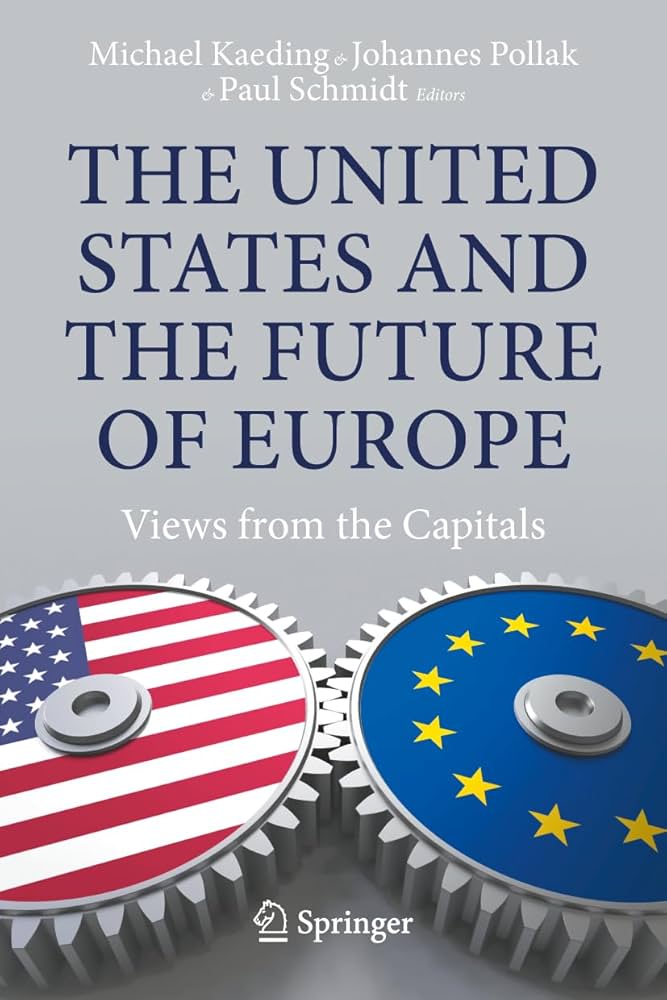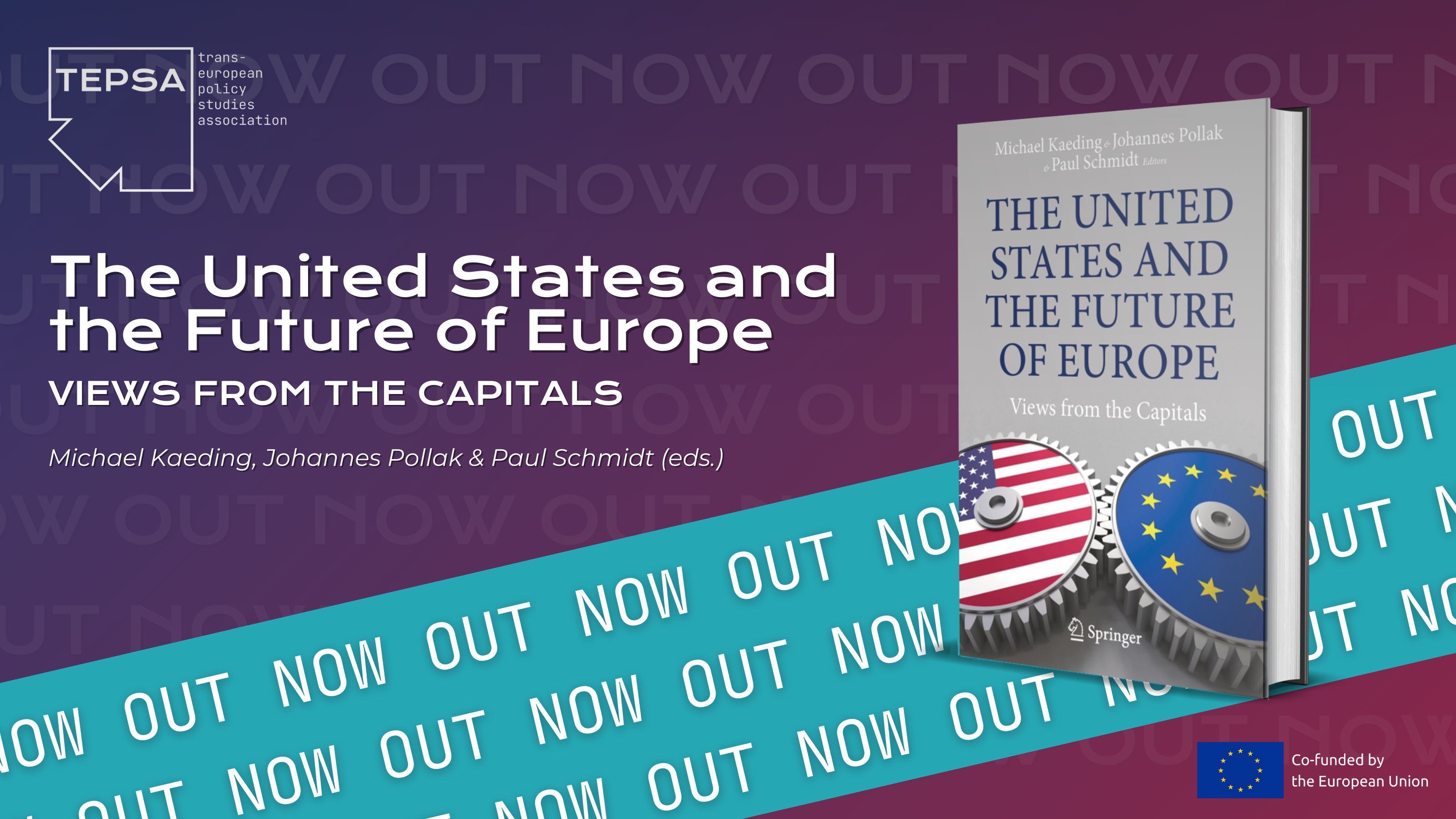France, the U.S.' Oldest and Most Complicated Ally: A Stubborn Defender of a Truly European Industrial and Defence Policy

France, the U.S.’ oldest ally, is also the EU country which most stubbornly defends genuinely European industrial and defence policies. It calls for ‘strategic autonomy’ in all political domains, a position increasingly difficult to hold against a hardening international climate.

FRANCE AND THE US – TWO TIGHTLY INTERKNIT COUNTRIES WITH FUNDAMENTAL POLITICAL DIVERGENCES
As the first state to recognise America in the 18th century, France is considered to be its ‘oldest ally’. Two centuries later, the US’s role in France’s liberation from Nazi Germany has further tightened the bonds between these two countries.
Immediately following the Second World War, US-French priorities took divergent paths, with the Suez crisis (1956) still regarded as a major humiliation for France. In 1966, President Charles de Gaulle, who embodied a policy of autonomy, loosened France’s ties with NATO by withdrawing from its integrated command. Under de Gaulle, France developed its own nuclear capacities, criticised the US’s presence in Vietnam, recognised China in 1964 and called for French-speaking Quebec’s national independence in 1967. Almost four decades later, France opposed George W. Bush’s ‘Iraqi Freedom’, another important development in these two countries’ bilateral relationship. The Obama years were marked by the ‘Pivot to Asia’ and the US’s failure to intervene in Syria. Under Trump the US grew more unpredictable and transactional. This was followed by two major blows under Joe Biden: firstly, the withdrawal from Afghanistan in 2021; and secondly, the launching of AUKUS, a security partnership between Australia, the UK and the US – including Australia’s cancelling of a 56-bn-EUR submarine deal with the French company Naval Group. However, these mishaps were compensated for by the US support to Ukraine in response to Russia’s war of aggression.
[...]
Marie Krpata is Research Fellow at the Study Committee on Franco-German Relations (Cerfa) at the French Institute of International Relations – Ifri, where she dedicates her research activities to the European Union and the external relations of the Franco-German couple.
>This article was published in "France, the U.S.’ Oldest and Most Complicated Ally: A Stubborn Defender of a Truly European Industrial and Defence Policy". In: Kaeding, M., Pollak, J., Schmidt, P. (eds) The United States and the Future of Europe. Springer, Cham (

Available in:
Themes and regions
ISBN / ISSN
DOI
Springer, Cham
Share
Related centers and programs
Discover our other research centers and programsFind out more
Discover all our analysesMerz’ European Policy-making: The End of the ‘German Vote’?
Friedrich Merz’s European ambition is to turn Germany, long seen as hesitant into a leading actor within the European Union (EU). To that end, he has pledged to end the “German vote,” a phenomenon that epitomizes the paradox of a country both indispensable and frequently absent from European decision-making.

Securing critical raw material (CRM) value chains – a prerequisite for Europe’s technological resilience
At the heart of economic security, technological resilience is a backbone of the European Union’s (EU) competitiveness. The EU’s energy and digital transitions depend on critical raw materials (CRM).

Reconciling competitiveness and demographic change: a Franco-German imperative
France and Germany are facing parallel demographic shifts that could reshape the future of their economies and their social models. These shifts reflect broader European patterns but are magnified by the central role both nations play in EU governance and competitiveness.
Taking the Pulse: Does France's Political Crisis Weaken Europe's Geopolitical Hand?
While the EU tries to navigate a myriad international challenges, France is experiencing historic political disarray. What impact will instability in Paris have on Europe's geostrategic capacity?










